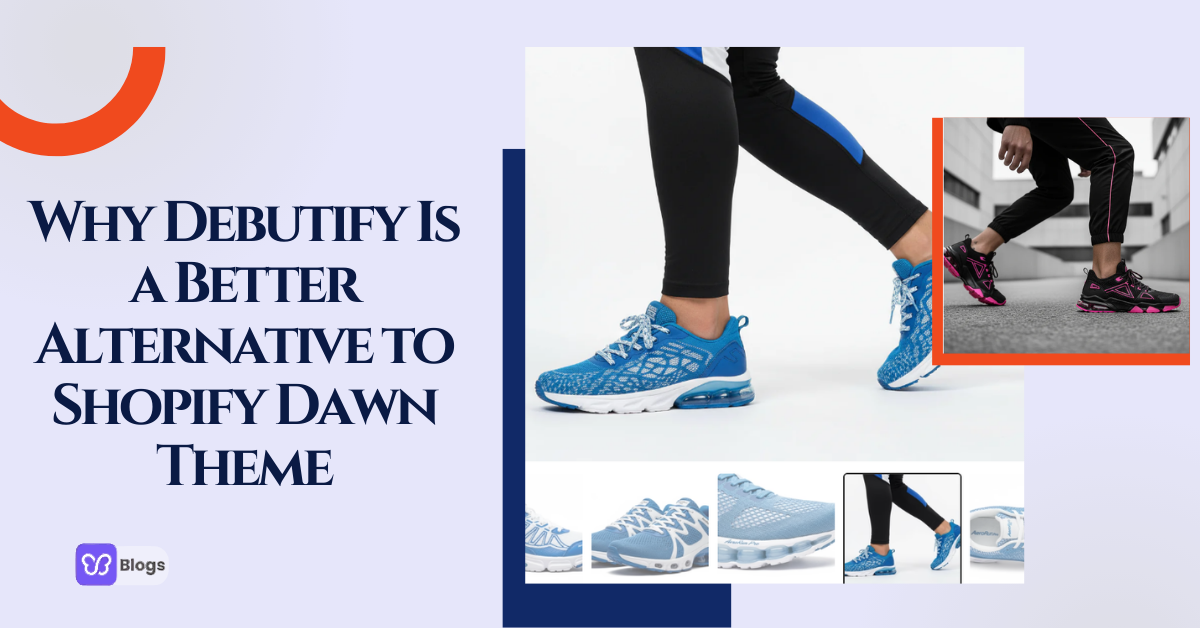Did you know that brand attributes are the hidden superpowers that make your favorite brands stand out from the crowd? Brand attributes are the unique characteristics and qualities that define a brand's personality and influence how it is perceived by consumers. Think of them as the DNA of a brand, setting it apart from competitors and creating a lasting impression in the minds of customers.
Strong brand attributes are essential for creating a distinct brand identity that resonates with your target audience. They help build trust, loyalty, and recognition, ultimately driving customer engagement and brand success. Without a clear understanding of your brand characteristics and attributes, you risk blending in with the competition and missing out on valuable opportunities to connect with consumers.
What We'll Cover:
- Understanding Brand Personality: Explore how brand attributes shape the personality of a brand and influence consumer perceptions.
- Defining Key Brand Attributes: Learn how to identify and define the core attributes that set your brand apart from others.
- Building Strong Brand Attributes: Discover strategies for strengthening your brand attributes and leveraging them to enhance your brand's visibility and impact.
Now that we've set the stage, let's delve deeper into the world of brand attributes and unlock the secrets to building a powerful and memorable brand identity. Stay tuned for more insights and tips to help you harness the full potential of your brand attributes.







